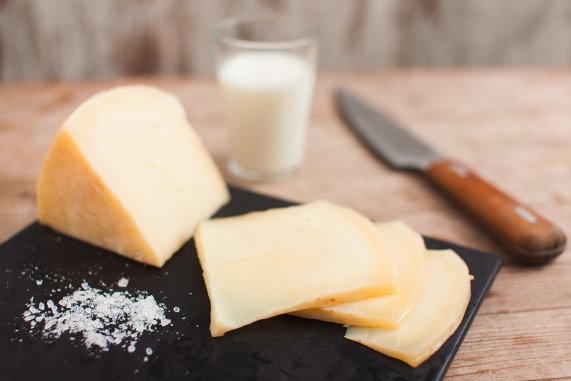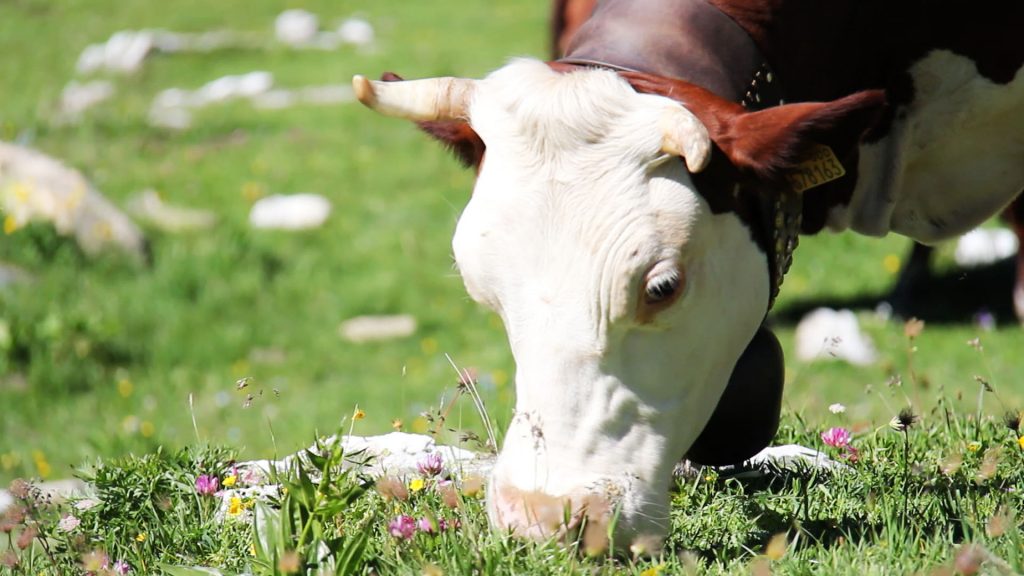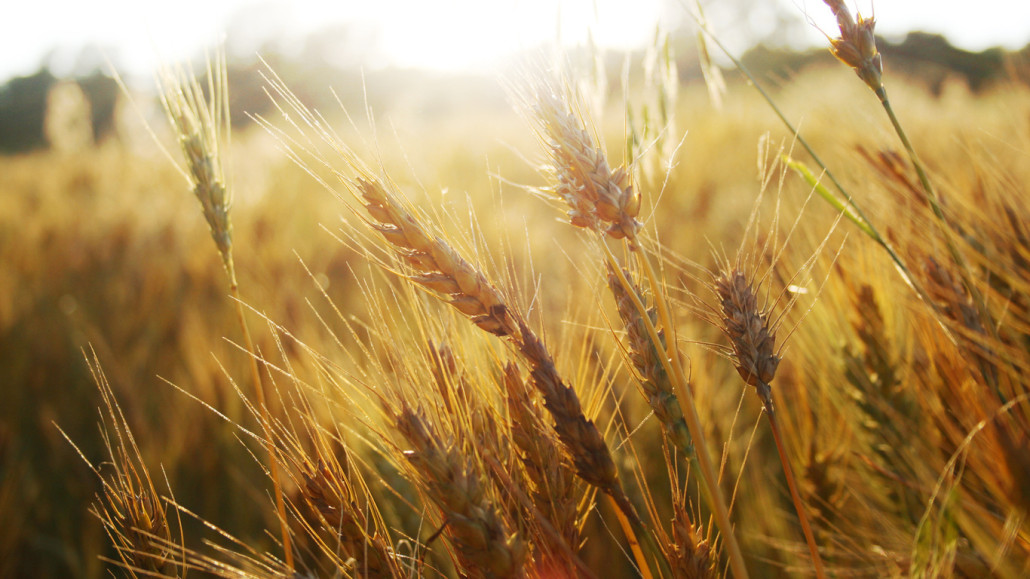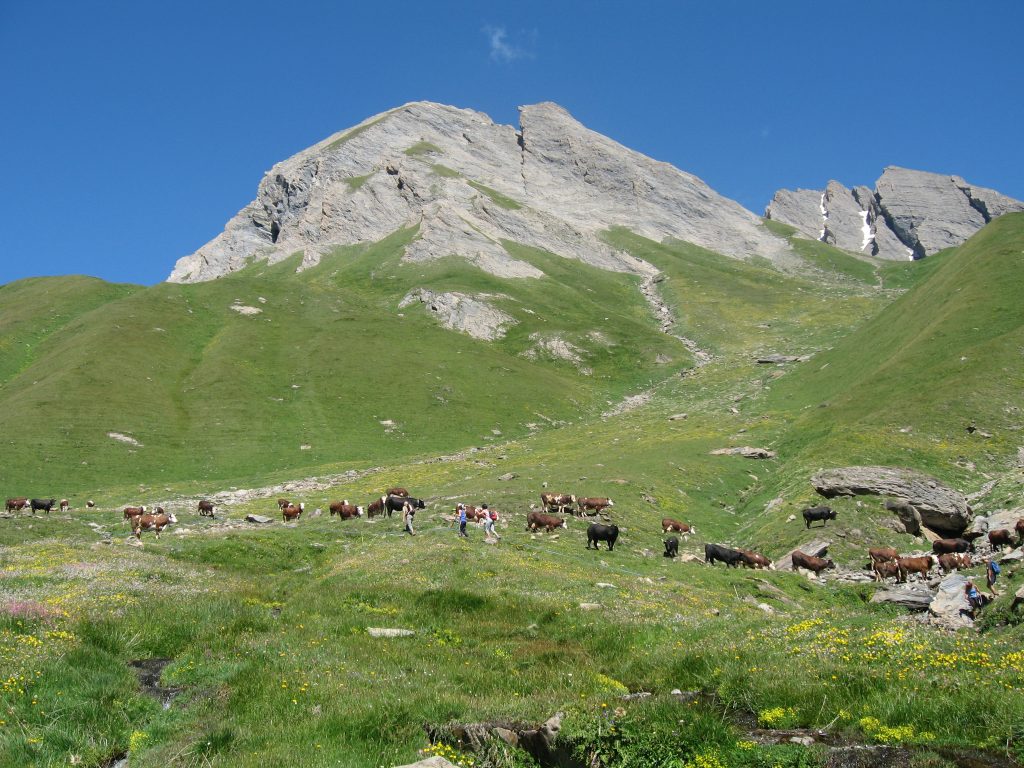At Vorrei we pride ourselves on providing our customers with high quality, natural, tasty Italian produce. From the very beginning, we have been advocates of organic food and many of the products we sell whether individually or in hampers are organic. As the demand and interest grows, we look at what being organic actually means and what the benefits are for you, your body and the environment.

How do we define organic food?
The term organic generally refers to the way agricultural products are grown, prepared and processed without the use of any chemicals. To be officially labelled as organic each step must be proven to meet certain standards by an organic certification body such as the Soil Association. For crops to be classified as organic there is to be no use of synthetic pesticides, herbicides or fertilizers throughout their growth and they must not contain genetically modified ingredients.
Organic livestock bred for eggs, dairy and meat products must be reared in the most natural way possible (normally free range), conducive to their usual behaviours and habitats whilst being raised on a grass-fed diet.

What are the benefits of eating organic?
- – Put simply produce can be traced from farm to fork so you can be more confident about what you are eating.
- – Organic food is often fresher as organic fruit and vegetables do not contain preservatives. It also tastes better because crops are given more time to develop and mature. The use of natural agricultural production techniques is revealed to be the reason for the better taste in organic food products. It is generally accepted that the taste of organic vegetables and fruits are higher quality compared to those that are conventionally grown.
- – The welfare of farm animals is much better due to free-range and grass-fed rearing. Organically raised animals are NOT given antibiotics, growth hormones, or fed animal byproducts.
- – It’s better for us! Aside from the fact that it doesn’t contain harmful, toxic substances, EU financed research has proven that organic food is of ‘higher nutritional quality than non-organic food’. Other studies have found that organic foods generally contain higher levels of antioxidants and certain micro-nutrients such as vitamin C, zinc and iron, calcium, chromium, and magnesium. Moreover, conventional food products may have pesticide residues on and in them as opposed to organic food which has not been contaminated with toxic chemicals.
- – Organic farming is better for the environment. Conventional farming causes increased greenhouse gas emissions, soil erosion and water pollution. Organic has a smaller carbon footprint, conserves and builds soil health, replenishes natural ecosystems for cleaner water and air, all without toxic pesticide residues.
The Verdict?
The production of organic food can certainly be more labour intensive which does generally lead to it being more expensive than conventional food products.
However increasing evidence suggests that spending more on organic products is worth it given the health and taste benefits. Not only is organic food better for you and your family, it’s better for the people growing and picking the food, it’s better for animals, it’s better for the soil and it’s better for the environment.
Browse our websites to view the range of organic food and wine available at Vorrei and our organic hampers at italianhampers.com.



